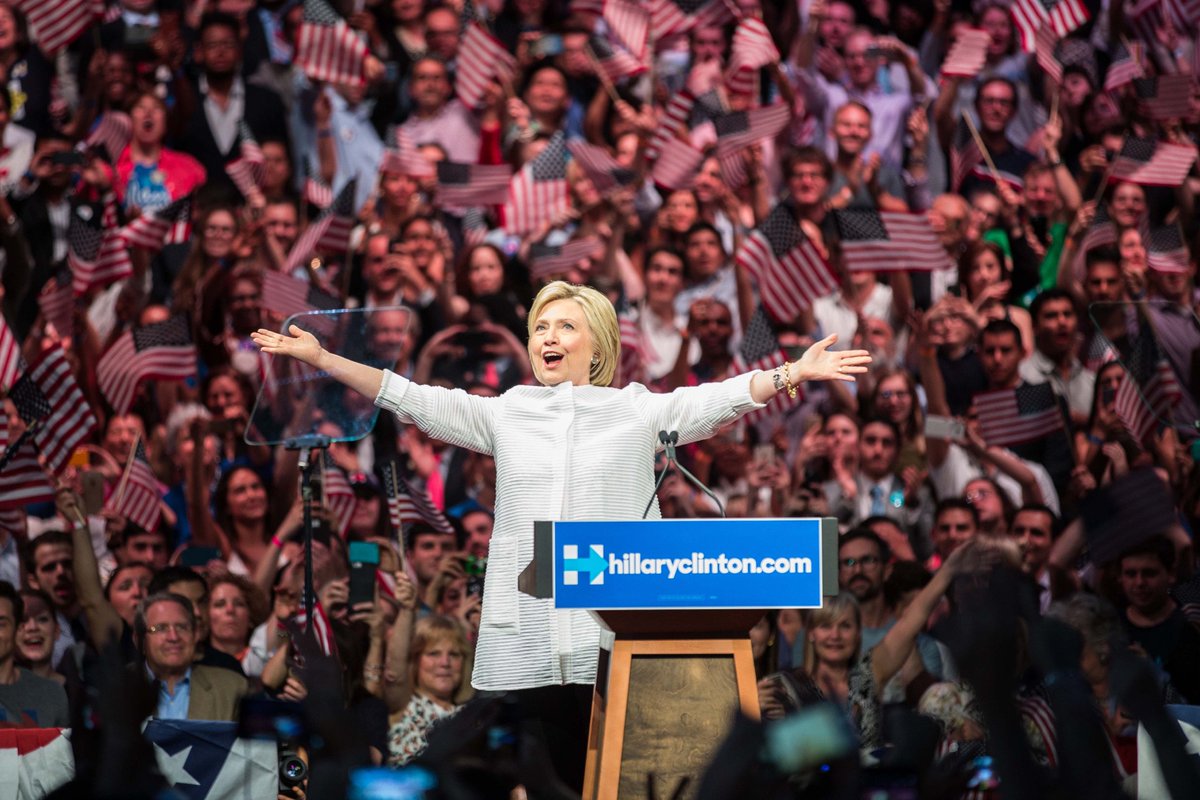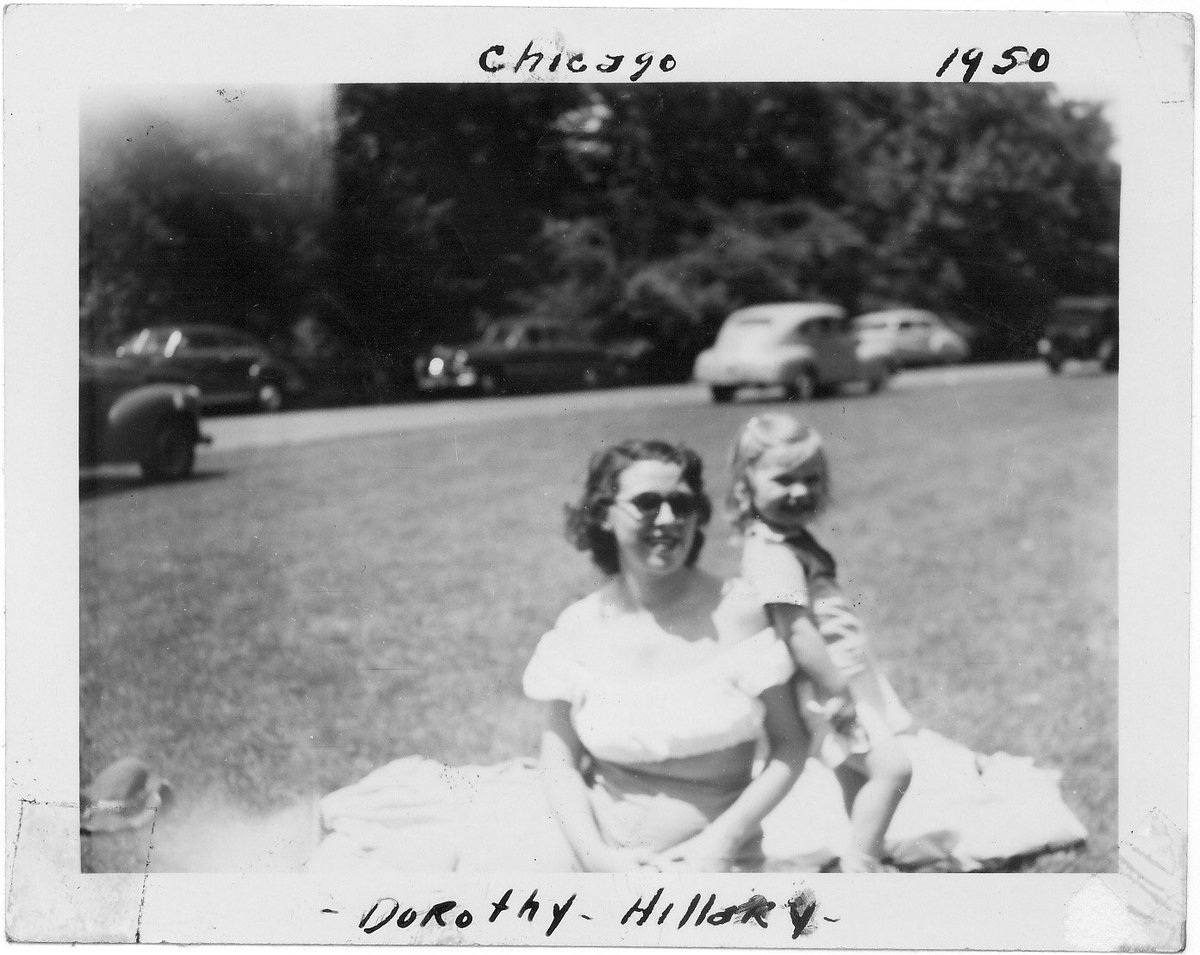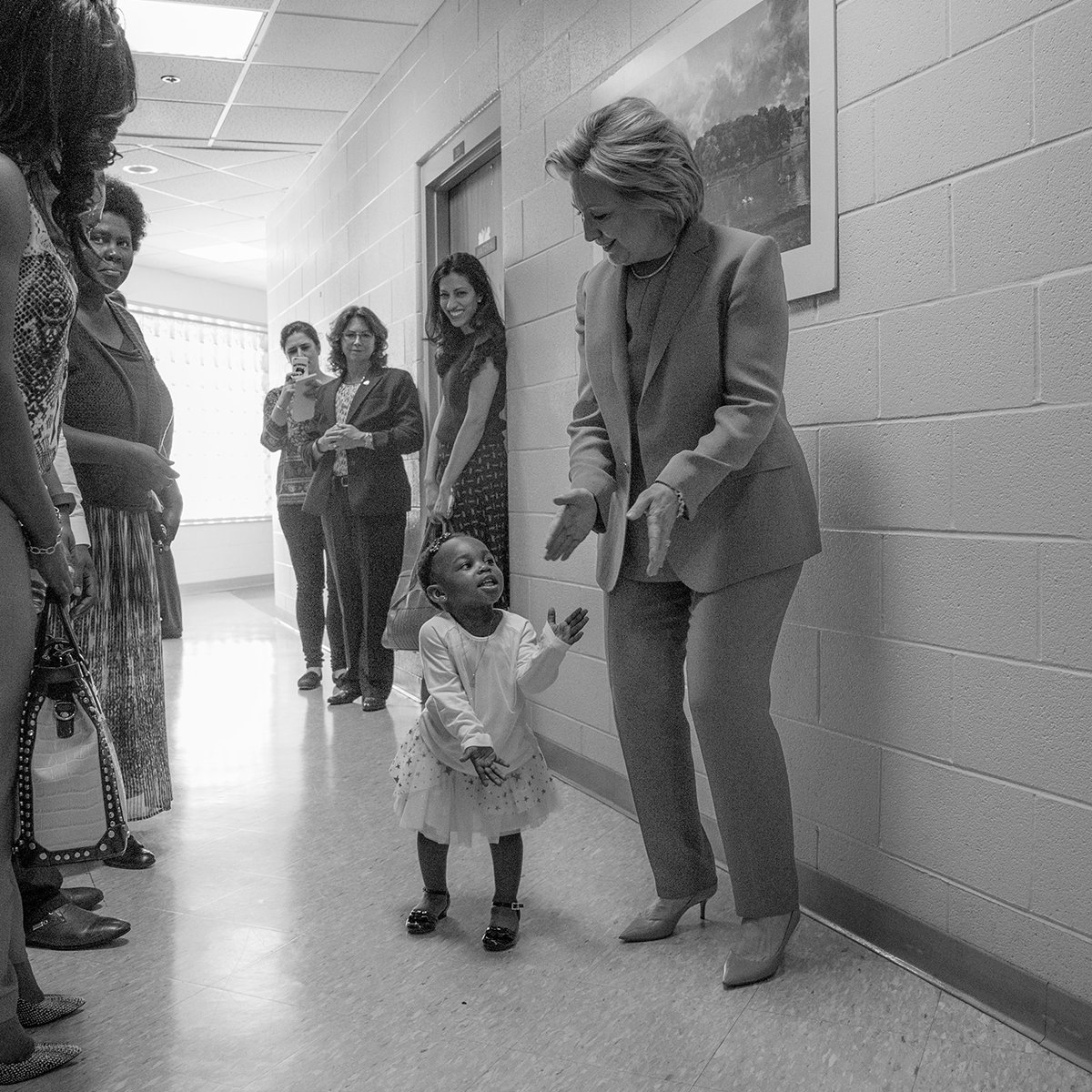Donald Trump is losing the presidential race. I know, because the pundits are telling me so. According to them, Donald Trump has endured a very bad week – no, a very bad month! – one that has severely damaged his presidential candidacy. Beginning with his questionable attack on the ethnic heritage of Judge Gonzalo Curiel, through his tone-deaf response to the Orlando night-club tragedy, to the recent FEC report indicating Trump had raised virtually no money in the last fiscal quarter, and ending with the shakeup of his campaign staff, Trump managed to destroy whatever momentum he might have gained by locking up the Republican nomination. As a result, the pundits say, he has lost ground to Clinton in the presidential race, as measured in recent surveys showing Clinton expanding her lead. Some pundits are already proclaiming Trump be “an incredibly weak presumptive nominee, perhaps among the weakest ever” with some predicting he won’t break 40% in the popular vote. Not surprisingly, there are indications that Republicans are experiencing deep buyer’s remorse, and efforts to free delegates to vote their conscience at the Republican convention are picking up steam. No wonder Trump’s unfavorable rating has reached a record high of 70%!
Welcome to the media’s Silly Season. With both major parties’ nominations essentially clinched (pay no attention to those contested convention rumors) we are officially entering a protracted period in which pundits handicap the presidential contest in terms of each candidate’s ability to “win” a media cycle, which is typically the period associated with a dominant news story. To win, the media must judge a candidate to have gotten the better of their rival in terms of reacting to that news story, or creating a new one. They can do so by any number of means – a clever advertisement, a carefully prepared speech, an effective photo op or simply by avoiding the all-important “gaffe”. Often polls are used to “prove” the accuracy of the media’s collective judgment regarding who won. Under this horserace scenario, after clinching their respective nominations candidates start off essentially even, and whoever is better at winning these media cycles will eventually take home the ultimate prize come November: the presidency. And right now, thanks to Trump’s gaffes, Clinton is pulling ahead.
There’s only one problem with the framework: it’s almost certainly wrong. Presidential elections are not horseraces, in which the winning candidate’s trip to the finish line can only be charted on a step-by-step basis, with no clear way at the start to predict which one will get there first. In fact, decades of political science research shows that there is an underlying structural equilibrium to a presidential contest based on fundamental factors such as the state of the economy, whether the nation is at war, and how long the incumbent party has occupied the White House, and that much of what the media cites as critical in their daily coverage has almost no lasting impact on this dynamic.
This is not to say that campaigns don’t matter. They do. But not in the way that this on-going media narrative suggests. Instead, campaigns serve as a means by which each candidate makes those fundamental factors salient to voters, preferably in ways that advantage their candidacy at the expense of their opponent’s. Crucially, however, these campaigns cannot create their own reality via clever tactics – they must deal with the hand fate has dealt them. Assuming both candidates play their hands effectively in a strategic sense by choosing the proper frame, the outcome is not as open-ended as the pundits’ horserace perspective would have us believe.
Now it is possible that this year will be different – that Trump’s candidacy will be so gaffe-prone and disorganized that it will override the fundamentals in a way that hands Clinton the victory. Or perhaps he will choose the wrong campaign frame given the underlying fundamentals. This is what some analysts believe happened in 2000, when Democratic nominee Al Gore adopted a populist strategy rather than focusing on the rather favorable economic conditions he inherited from his predecessor. It may be, then, that the pundits are right – that Trump’s recent “gaffes” are evidence that he’s not up to snuff when it comes to running a national campaign. On the other hand, the same criticisms were leveled at him through the nominating race, and yet he somehow managed to vanquish 16 opponents.
No matter. The pundits have spoken. Trump’s poor choice of campaign tactics has left him dangerously behind in the race for the Presidency, and there’s the possibility he may never catch up……Wait! Great Britain, in a stunning demonstration of populist strength, has voted to leave the European Union! Given the obvious parallels between the Brexit movement and Trump’s candidacy, this is good news for Trump, and clear evidence that we’ve been underestimating his chances of winning! The race is on again!
(Note: as my academic leave comes to an end and I finish up a book project, I’ll be posting shorter pieces that, alas, may be a little lighter on the political science research side than I’d like. Please bear with me, but I do have a day job to keep.)



